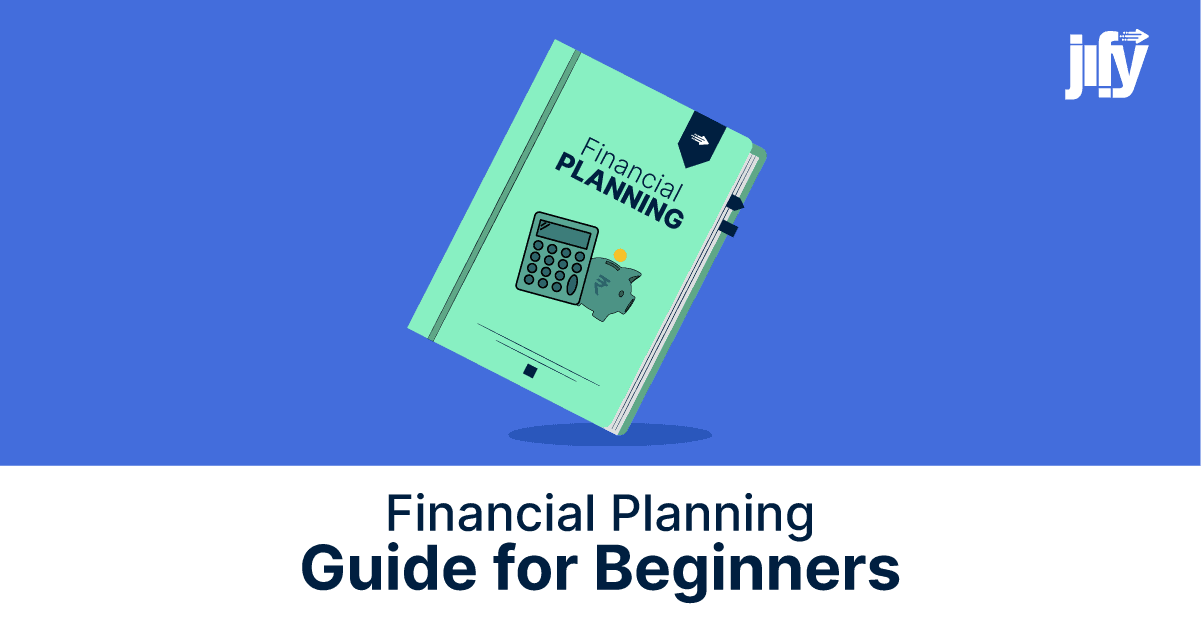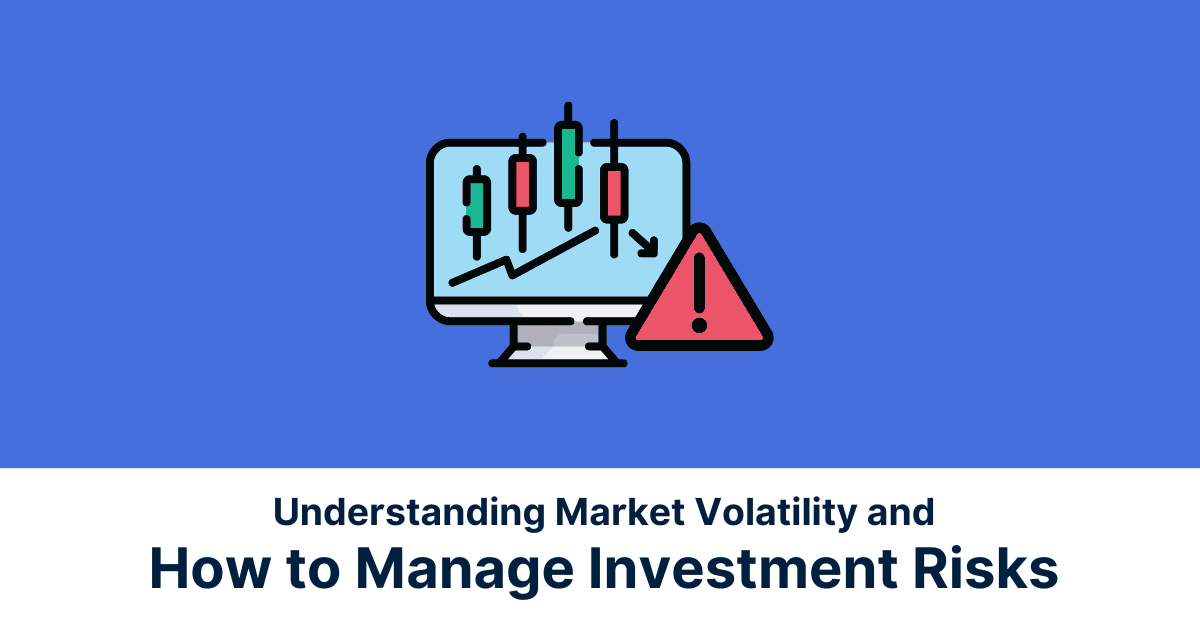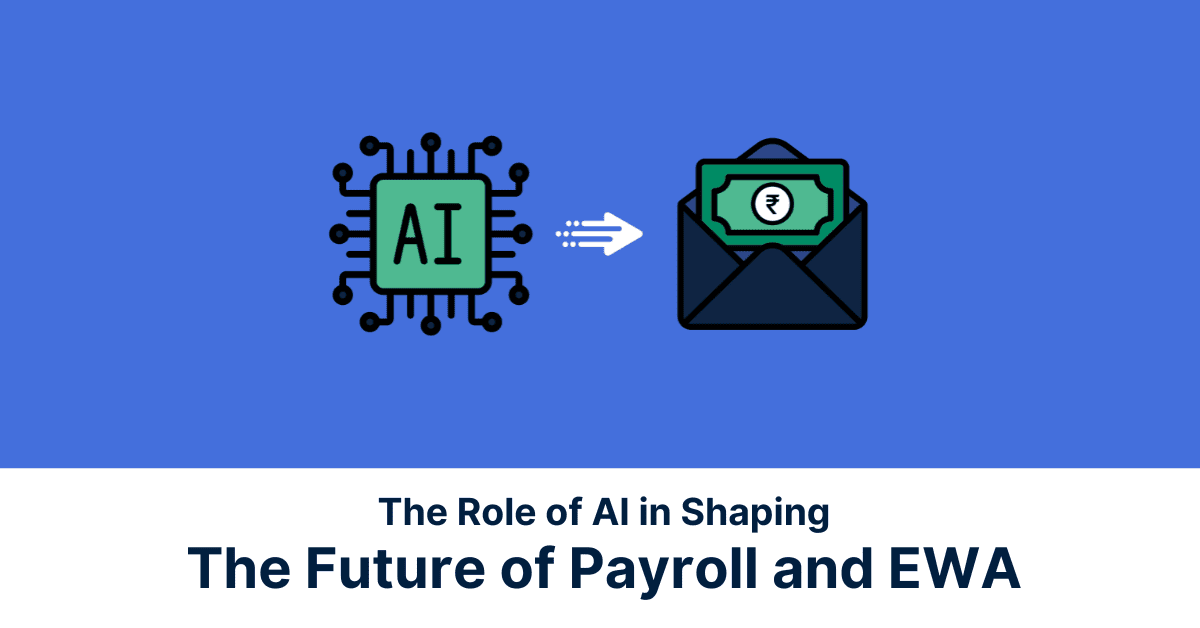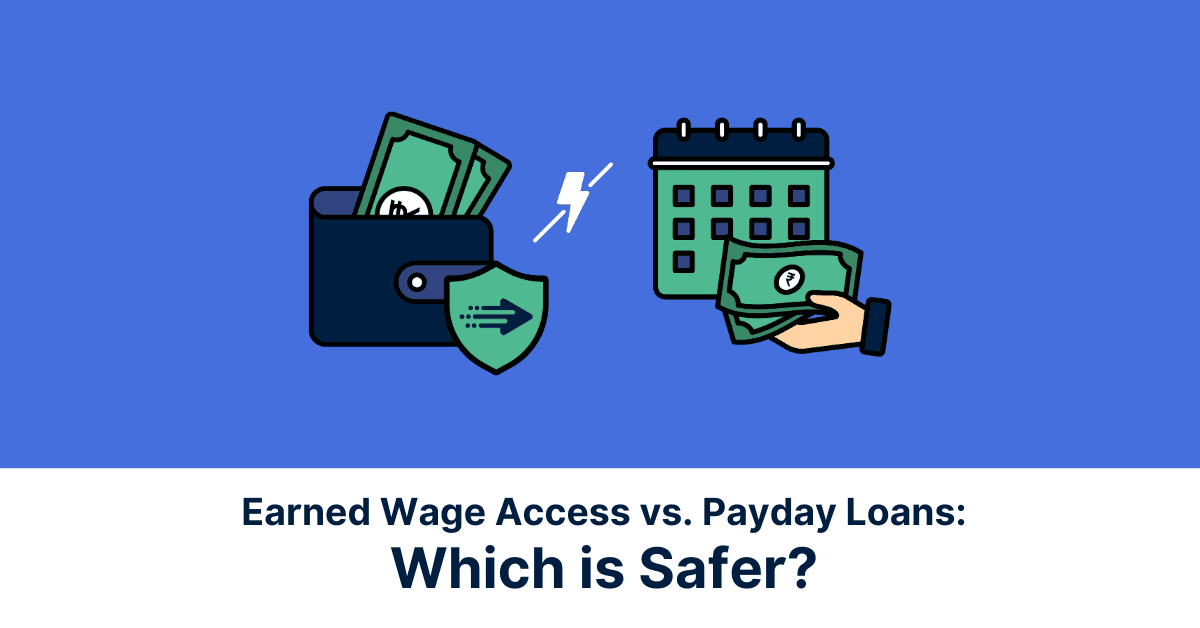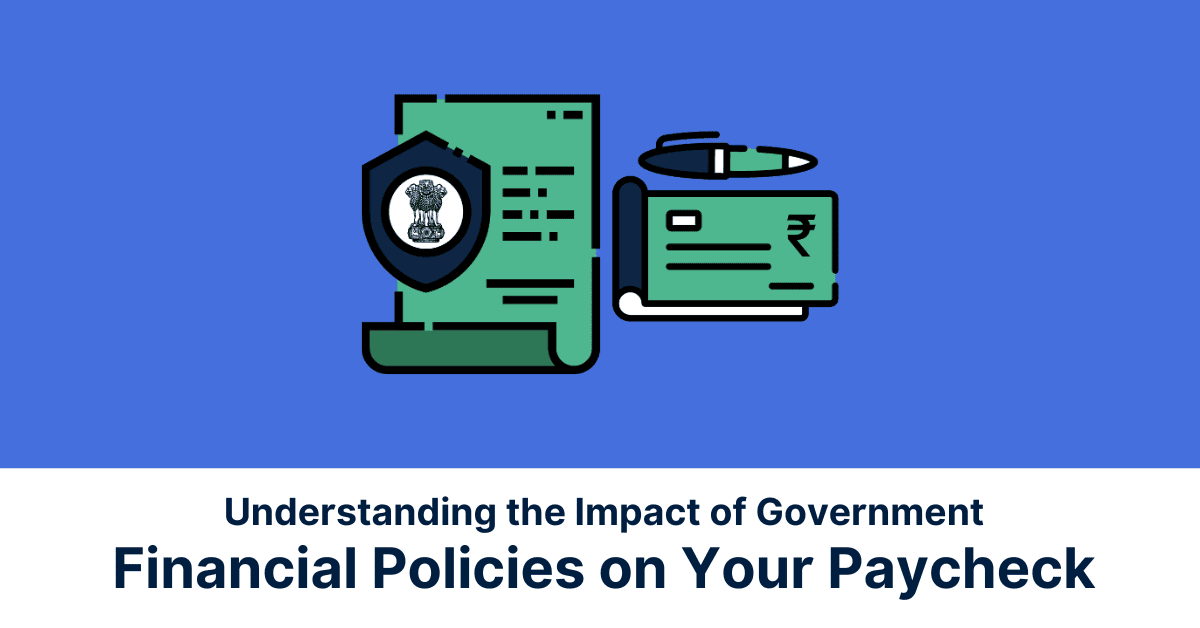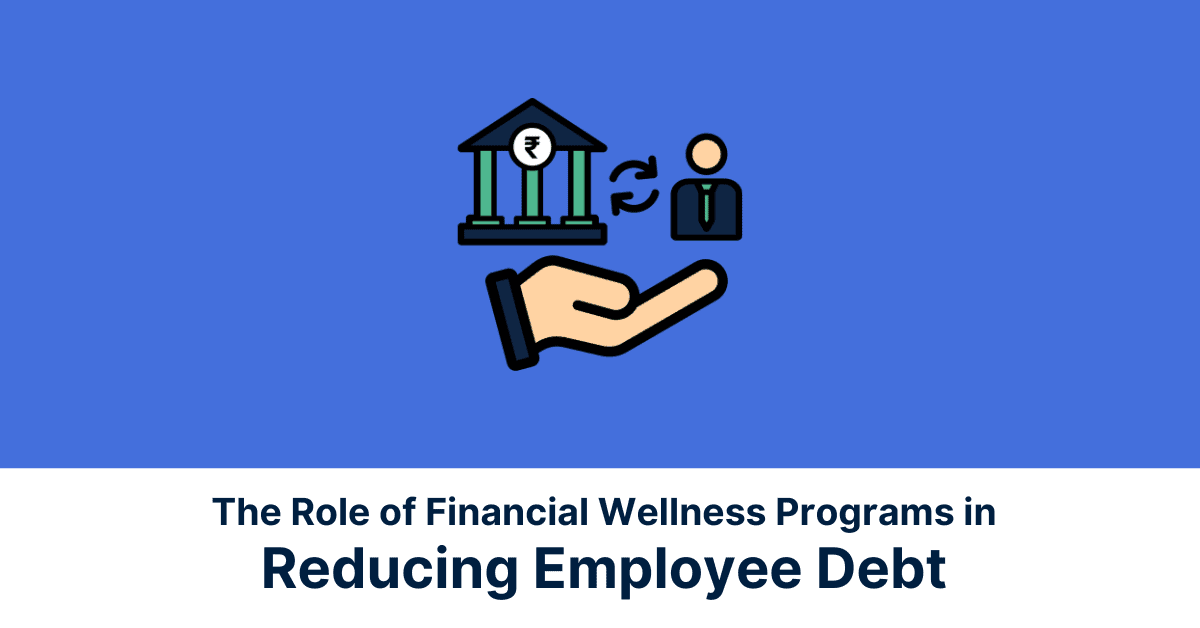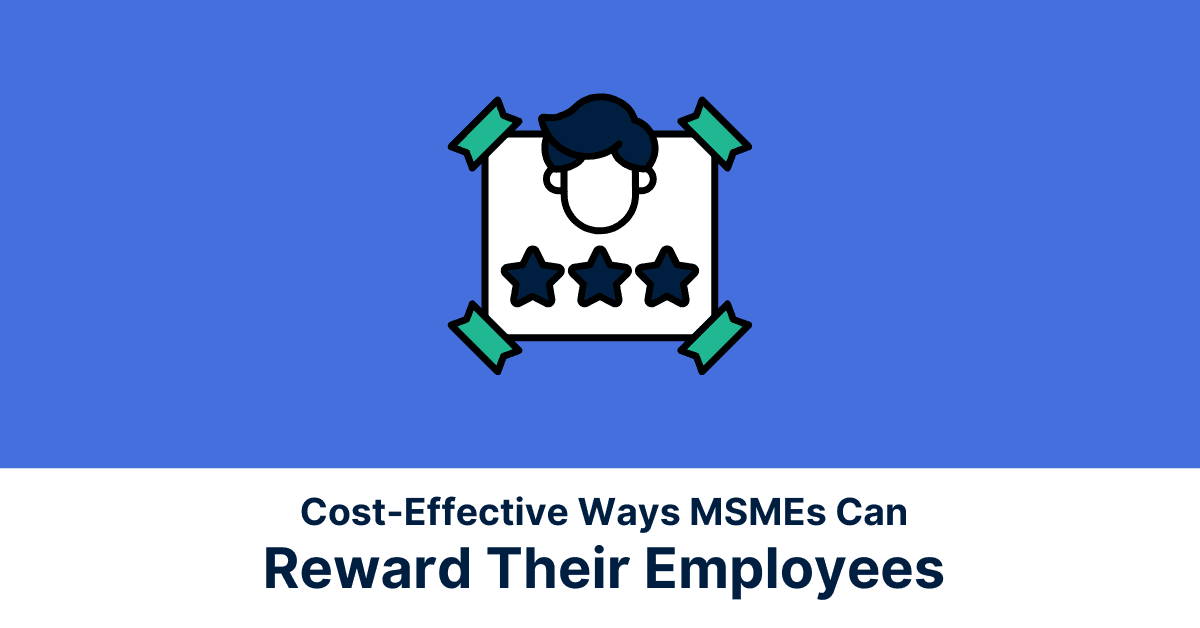According to ET Money, “Financial planning is the process that helps in managing your financial resources to achieve your long-term or short-term goals.” In other words, Financial planning involves making sure you have enough money to live comfortably and cover your expenses after you retire. It helps you set both short-term and long-term goals and guides you in choosing the right investments to achieve them.
For being new at personal finances, the first step is always to begin with budgeting. Understand where your financial goals lie and how to achieve them. This understanding helps provide you with a foundation for how much money would you need to spend or save in order to have your budget in place. Once you have the budget in place, it’s time to buckle down and start SAVING.
Financial Planning 101
Though financial planning starts with budgeting and having a plan in place for your monetary tracking, it is important to have both: your short-term and long-term goals drafted out in order to understand the stepping stones in order to achieve the same.
Have Your Budget In Place
A budget is one of the initial things you do when planning your finances. It’s like a plan that tells you how much money you think you’ll earn and spend during a specific time. It helps you see where your money is being used and find places where you can possibly spend less to save money.
Know Your Tax
While accounting or your savings and spending, it is important to figure out if your salary will be enough to cover your expenses after taxes are taken out.
The good news is that there are many online tax calculators available, so you don’t have to worry about doing the calculations on your own. These tools can help you determine how much money you’ll have left after taxes to meet your financial responsibilities.
Money Management Magic
It’s really important to handle your money well. It doesn’t matter if you’re a business owner, taking care of your family at home, or trying to manage with limited funds. Managing your finances can help you make better choices when spending and saving more money. However, the most effective way to manage your money is by having a plan. Without a plan, you’re just going with the flow, and that won’t lead to success.
Enjoying an independent Retirement
Planning for retirement is another important part of managing your finances, and it’s best to start thinking about it as soon as possible. When it comes to retirement, the sooner you begin saving or investing, the less money you’ll need to put in to reach your desired retirement amount, thanks to compound interest.
Don’t delay saving for retirement; start as early as you can to reach your financial goals by investing in things like stocks, mutual funds, or fixed deposits (FDs).
Create Your Emergency Stash
An emergency fund is a special savings account specifically for unexpected expenses like medical emergencies or car repairs.
You might wonder why it is important to have an emergency fund, to begin with!
It doesn’t matter how much money you owe in loans or credit card debt, or even if you have a low salary. It’s always a good idea to set aside some amount of money each month for a rainy day. Even if you start with a small amount, treating it as a necessary monthly expense and consistently saving will eventually build up your emergency fund, safeguarding you against a financial emergency that you never even knew existed.
Investing In Your Future
Another aspect to consider in financial planning is investing.
Investing ideally means putting your money in different financial instruments such as the stock market, bonds or even owning real estate, with the prospect of generating better returns on this money in the near future. Investing is ideally beneficial for long-term goals where in future, you can accumulate wealth.
Is it important to have a Financial Plan in place?
Financial planning is really important for beginners because it helps them build a strong base for their financial future. It allows them to set clear goals for their money, make a budget, and handle their money well.
Financial planning is all about making sure you have enough money and saving for the things that are important to you. It’s about putting money aside for your future and keeping it safe so that when opportunities arise, you can make the most of them.
By doing financial planning, you can figure out what matters most to you—whether it’s paying off debt or saving for retirement—and make sure you’re giving those things the right priority.
*Disclaimer:
The information contained herein is not intended to be a source of advice concerning the material presented, and the information contained in this article does not constitute investment advice. The ideas presented in the article should not be used without first assessing your financial situation or without consulting a financial professional.
